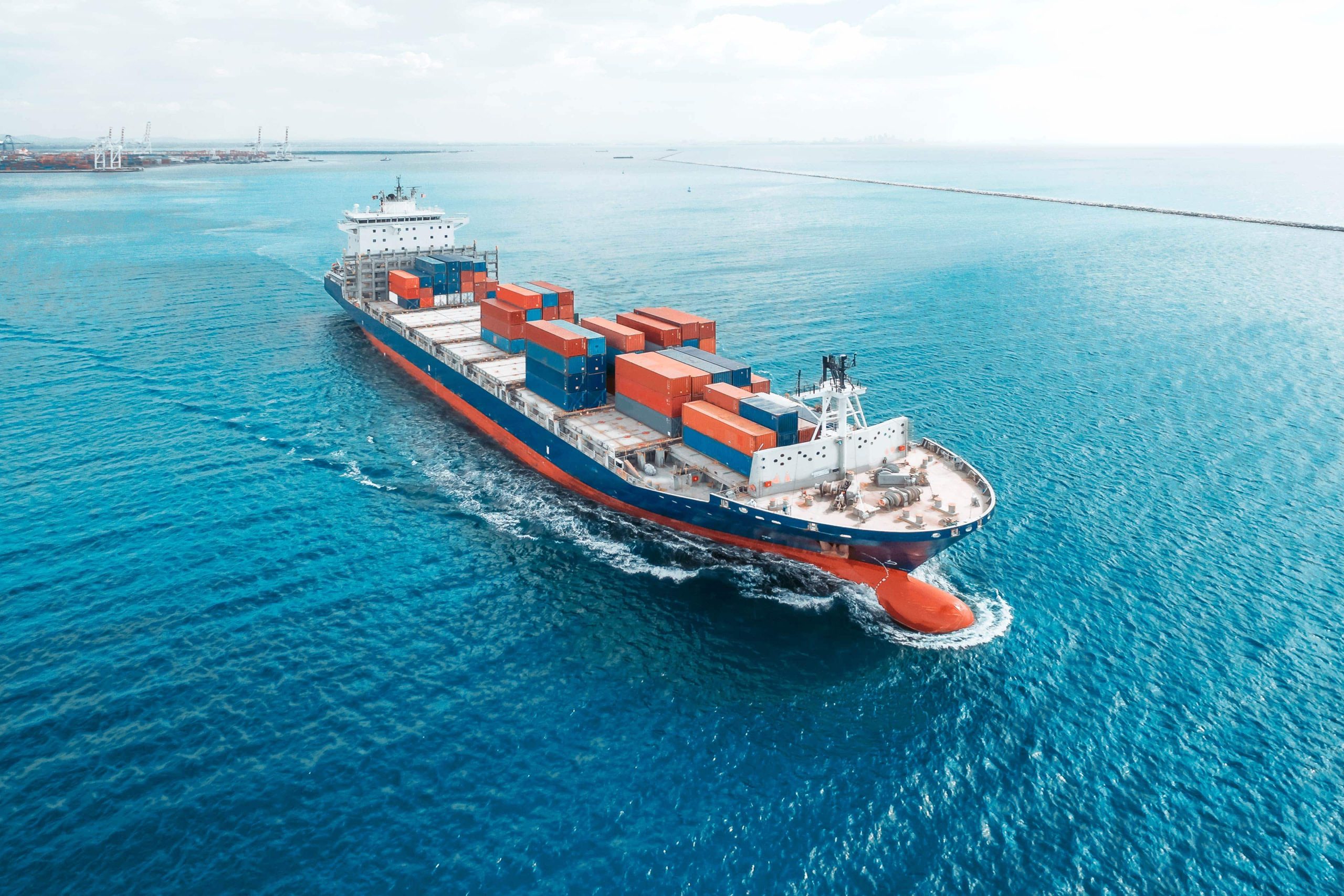IOR partners with trade compliance expertise are essential to ensure successful business logistics.
The coronavirus pandemic has exposed how fragile supply chains can be, so much so that companies are redesigning their own supply chains and choosing new countries for sourcing in a bid to adapt to a new context of geopolitical attrition that makes logistics even harder.
This is known as “the new era of global trade”, and a major part revolves around trade compliance, i.e., the compliance with every regulation and legislation for importing and exporting goods (both physical products and services) in a country. In this sense, know-how makes a difference.
Trade compliance can be a thorny issue. Despite attempts to create common standards, most countries have their own regulations. If your company does not know those regulations, you are likely to waste time and money.
Trade compliance is expected to reach $2 billion in value by 2029 for a reason: more and more countries are now joining the global supply chain. In fact, Aerodoc already operates in more than 170 countries, a sign of the significant expansion of providers and the global trade underway.
On the other hand, this phenomenon also shows an increasingly urgent need for businesses to strike alliances and partnerships with IOR providers to ensure a successful shipment of goods and their entry into hard-to-reach countries.
The Key to A Global Reach
Companies hire IOR services to handle the import of their goods into countries where they do not have a legal entity. This includes not only securely shipping the goods to their destination, but also compliance with every regulation and legislation in both the country of origin and the country of destination (as well as any other country on the route to destination, if any).
Estefanía Sisatzky, EVP of OPS & Customer Service at Aerodoc, explains that, as a US-based company, Aerodoc handles many aspects of exporting in the North American country.
“We have improved the way we manage our customer’s requirements, updates, and the applicable law, in order to ensure operations are aligned with both the strict standards imposed by the country of origin (in most cases, the USA) and the strict levels of compliance required by our customers.”
Aerodoc’s specialty is the tech industry, from integrators and resellers to satellite manufacturers and broadcasting companies. “These companies face various tariff items, which we work on carefully, addressing requirements, licensing, customs regimes, restrictions, and protectionist policies in each country,” says Sisatzky.
“This is what our department of International Operations does: staying in touch with each geography to keep up with the changes and keep our customers up-to-date while measuring potential impacts on routes and businesses,” added Aerodoc’s executive.
Aerodoc’s Hybrid Approach
Aerodoc uses a hybrid approach to get global coverage through its own operations and, in some cases, through alliances with local customs agents with whom it nurtures long-term relationships, like in Latin America, where the company has presence in 20 nations and its own operations in five.

The goal in every region remains the same: ensuring legal representation in every country where Aerodoc’s customers have logistical interests. The biggest advantage of this hybrid approach is its global coverage and the assurance of regulatory compliance to avoid issues with red tape during shipping.
However, this is not a simple process, as it involves thoroughly researching legislation in every country and reaching out to professionals who can understand it and act accordingly.
The Advantages of IOR
IOR partners with operations in several countries and professionals with deep knowledge of import legislation in each of those countries can provide multiple benefits, chief among them the prevention of certain issues that can ground business operations to a halt.
Case in point: every year, the US Department of the Treasury publishes the civil fines imposed on specific companies for non-compliance with US shipping laws. That figure has reached $33 million so far in 2023, and experts project it will be higher than the $42 million levied in 2022. As that same number reached $20 million in 2021, we can see that it is on the rise, meaning that violations are becoming more common.
It’s not a coincidence that this project is taking place concurrently with a global expansion of supply chains. As sourcing becomes harder in the countries many companies relied on in the past, they look for alternatives. This is positive, as it creates lots of opportunities on a global scale.
However, these processes should be managed by strategic partners who can manage those emerging opportunities. Otherwise, companies may waste their time and money.
A Long-Term Outlook
All of this shows companies need to adapt to the disruptions underway in logistics. But that does not mean they need to constantly switch providers. Instead, they need to look for new options, but always based on a long-term outlook.
The global system built by Aerodoc over the past few decades is quite suitable for that: on one hand, it is flexible enough thanks to its hybrid system of local operations and strategic partnerships; on the other hand, it is robust enough to sustain that network over time.
This way of working is becoming more and more relevant as it brings peace of mind to customers when shipping products. Dealing with red tape requires a lot of effort and time that could be spent in productive tasks in your organization. Because of that, relying on IOR partners such as Aerodoc to meet the required standards not only will benefit your company’s operations, but will also allow you to expand them to gain an edge in its business model.
If you want to know more about our services, please contact our team. Also, in this White Paper, you will learn how to export and import goods to serve global customers.




